
Hi Rachel great to meet you, can you give our readers some background information on yourself please?
I’m a novelist and playwright, probably most well known for the Dylan Thomas Prize-winning short story collection ‘Fresh Apples.’ My plays include ‘Tonypandemonium’, ‘We’re Still Here’ and ‘Cotton Fingers’ which will be touring parts of Ireland and the UK this year.

In 2007 my nonfiction book about the Welsh music scene ‘Dial M for Merthyr’ was published. Somewhat bizarrely, Guns ‘n’ Roses bassist, Duff McKagan listed it in his autobiography as one of his all time favourite music books.
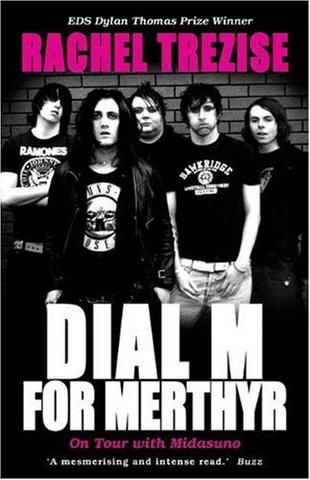
This chat is specifically about music and the role it has played in your personal and professional life. Firstly to start off what are you currently listening to?
‘The Girl from Chickasaw County’ box set was released in September last year, commemorating the legacy of country music singer Bobbie Gentry. There are eight CDs in all so I’m still digesting it. My mother was a huge country and western fan. She played Johnny Cash, Dolly Parton, Bobbie Gentry, Loretta Lynn, Conway Twitty and Tammy Wynette throughout my childhood. Gentry was always my favourite. I was about nine when I really started listening to the lyrics and realised the songs were all short stories. I’ve had a lifelong obsession with ‘Fancy’, a song about a girl called Fancy who’s mother sells her into prostitution: ‘I might have been born just plain white trash but Fancy was my name.’
We are interviewing a range of people about their own musical inspiration, can you list 5 records/albums which have a personal resonance to you and why?
1 Appetite for Destruction – Guns ‘n’ Roses – Guns ‘n’ Roses have been my favourite band since the age of around thirteen. They are my coming-of-age soundtrack. People have often asked me how I can be a feminist and love songs famed for so much misogyny.
I’ve tried to answer this question in an essay titled ‘Nothing for Nothing’ published in ‘Under My Thumb: Songs That Hate Women And The Women Who Love Them’ edited by Rhian E Jones and Eli Davies.
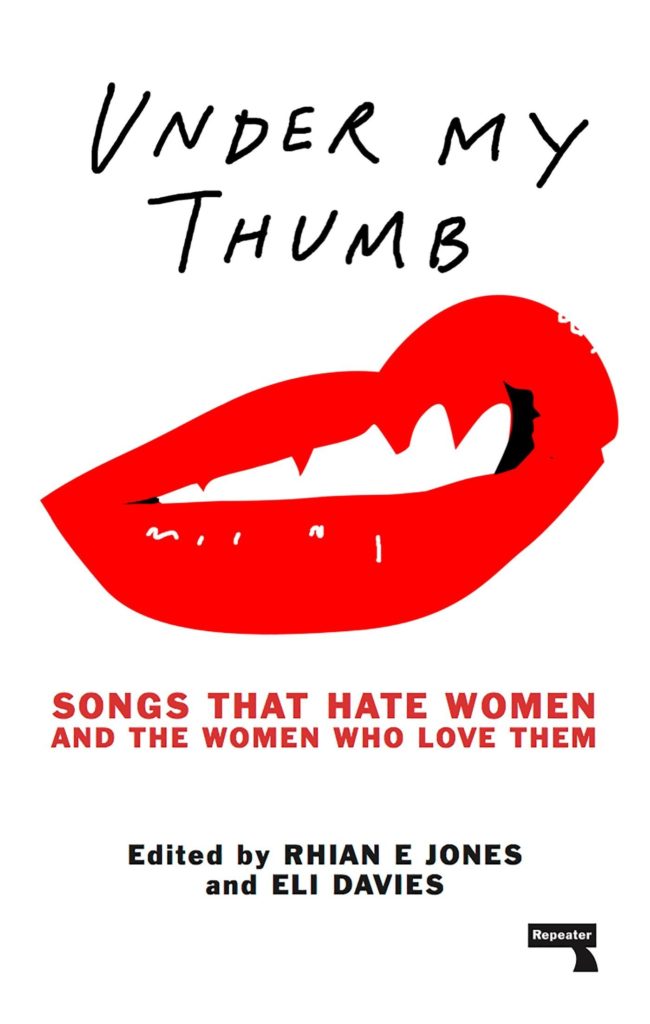
2 Tori Amos – Little Earthquakes – I listened relentlessly to this album while I wrote and rewrote my first novel ‘In and Out of the Goldfish Bowl’. I quoted a lyric from one of the songs on the flyleaf. The themes in it are guilt, alienation, childhood trauma and adult inadequacy. They are also the themes in my novel. At the time I was listening mostly to Metallica, Pantera and Megadeth. A female singer-songwriter, and piano music in particular was quite a departure for me.
3 The Holy Bible – Manic Street Preachers – The Manic Street Preachers were the first Welsh thing I was proud of. Growing up in the 80s, Welsh culture was all about Max Boyce and Aled Jones, then here was this intelligent working class band telling the real story of the boredom and alienation I knew growing up in a south Wales destroyed by Thatcherism. By extension, the Manic Street Preachers made reading literature something to be proud of rather than slightly embarrassed by. I still listen to this album every few months.
4 The Clash – Combat Rock – Whereas country was my mother’s thing, my brother who’s ten years older than me was always listening to UK punk: The Sex Pistols, The Damned, Generation X et al. Via him I discovered one of my favourite bands, The Clash. Combat Rock is a controversial choice but it includes my favourite song ‘Straight to Hell’ which talks of the immigrant experience and the death of industry in Northern England, but was mostly considered their ‘American album’ because it dealt with the aftermath of the Vietnam war, the hypocrisy of the American dream and referenced Taxi Driver. The Clash have always been relevant and seem everyday to grow more so.
5 The Future – Leonard Cohen – It’s difficult to choose one Leonard Cohen album but I’ve gone for ‘The Future’ which includes the song ‘The Future’ which is how I discovered Cohen via the movie soundtrack for ‘Natural Born Killers’ produced by Nine Inch Nails’ Trent Reznor.
Cohen said once that the demographic of people who like his songs could be called ‘the broken-hearted.’ I do go to him when I’m sore and looking to be mended. I listened to his early albums a lot after my mother died for example. I have the much-celebrated ‘There is a crack in everything, that’s how the light gets in’ lyric from ‘Anthem’ tattooed on my arm to remind me that however imperfect I am, I am enough. It works sometimes.
Just to put you on the spot could you choose one track from the five listed above and tell us why you have chosen this?
IfwhiteAmericatoldthethruthforonedaytheworldwouldfallapart by Manic Street Preachers. I haven’t stopped thinking about this song since Trump got into power.

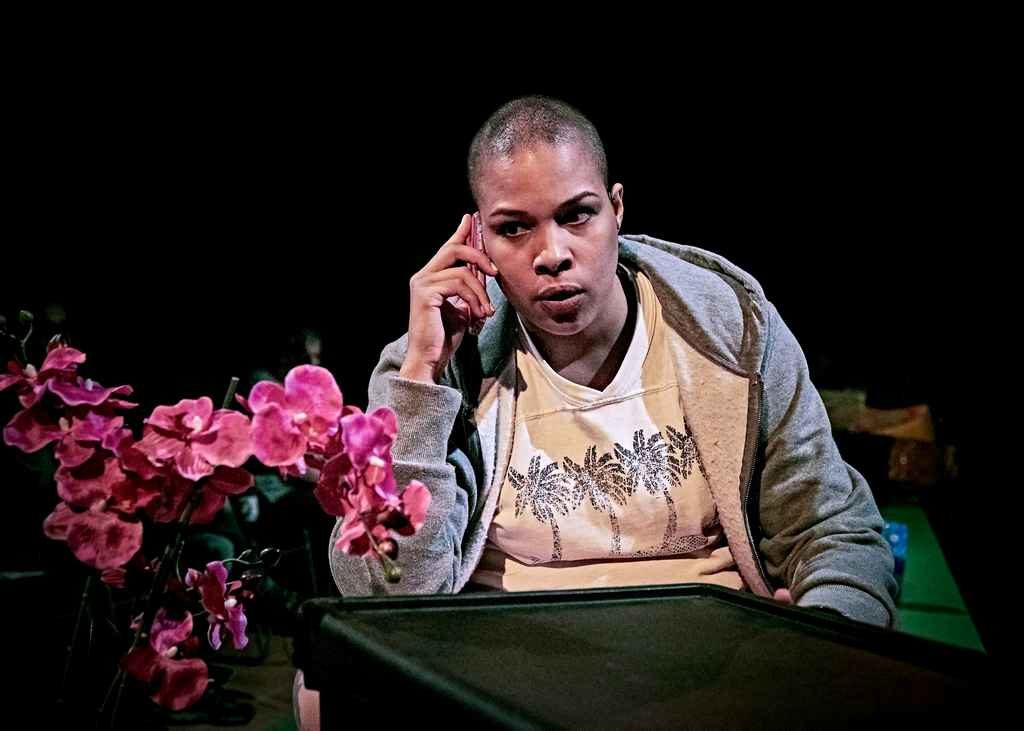
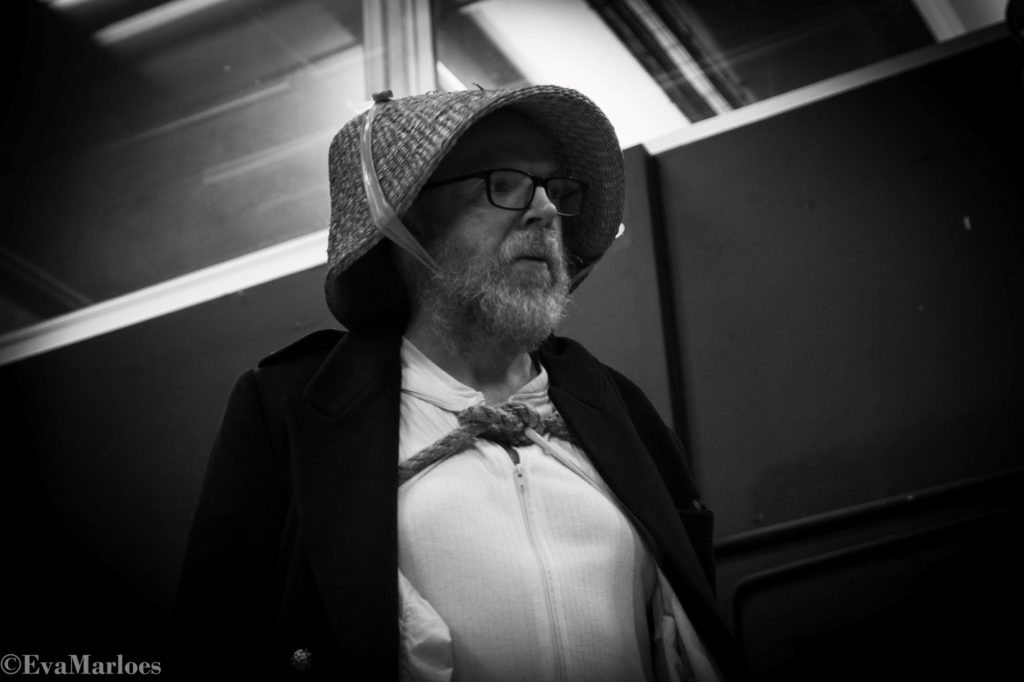

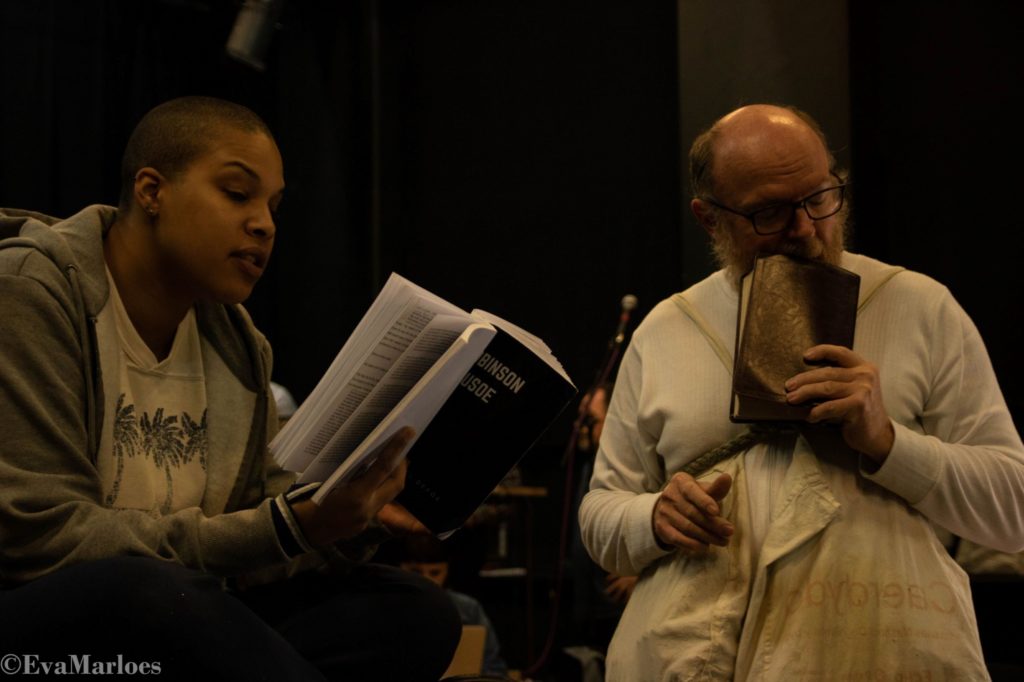
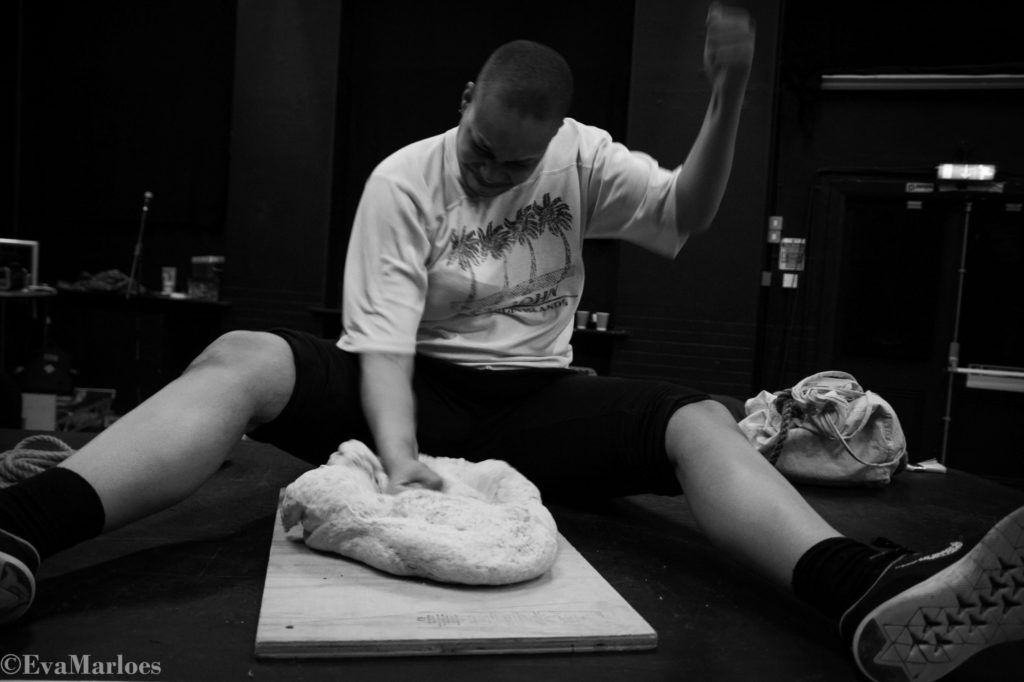
 (5 / 5)
(5 / 5)
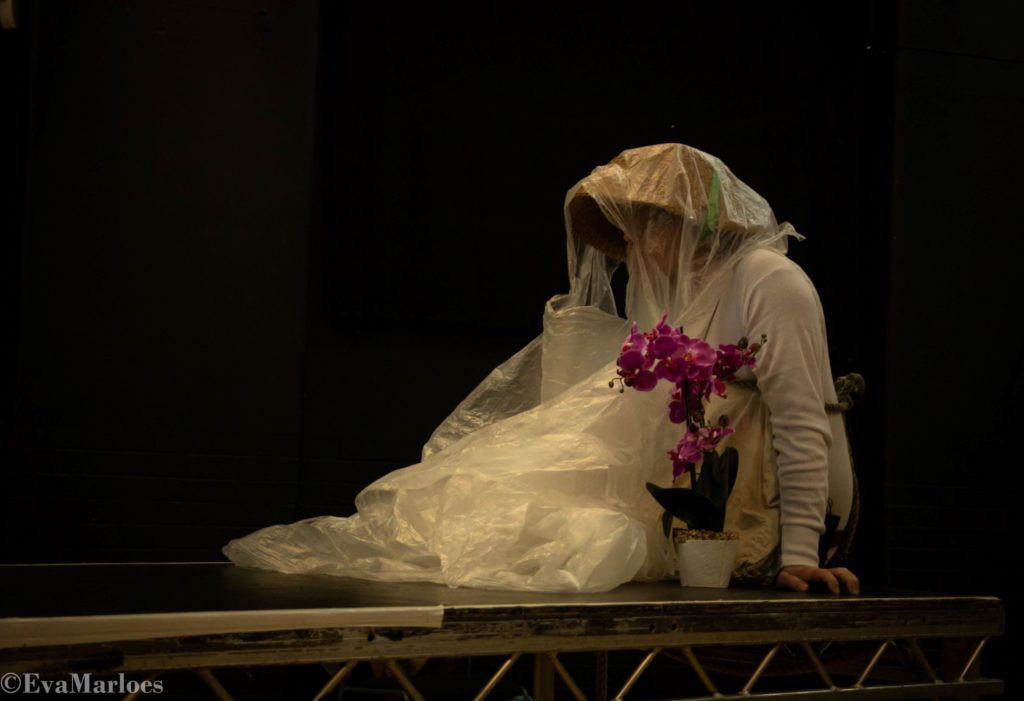
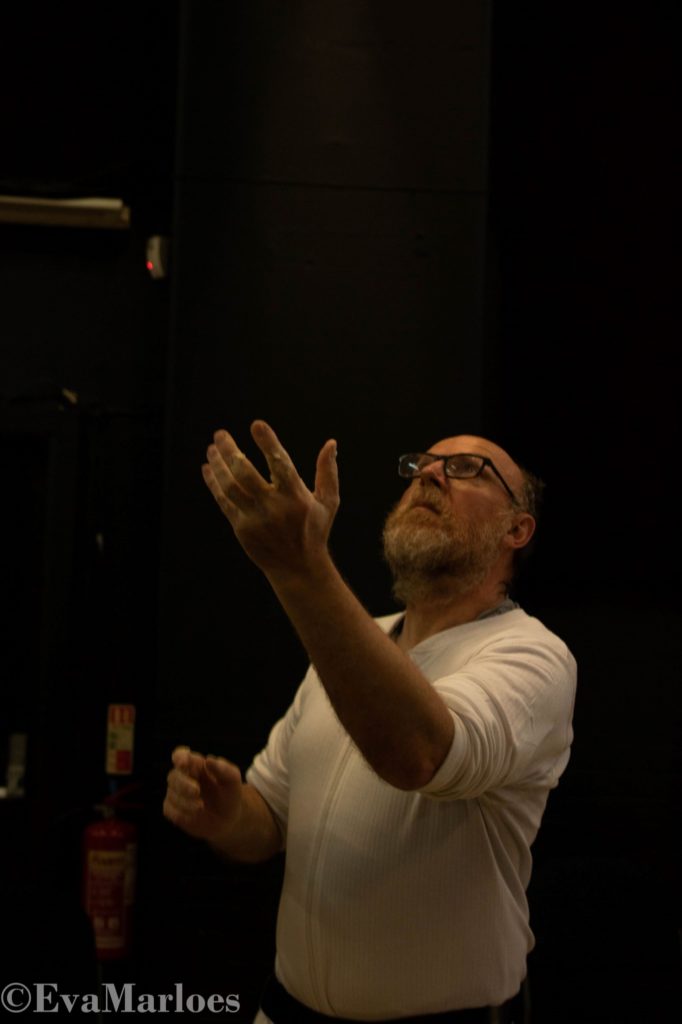
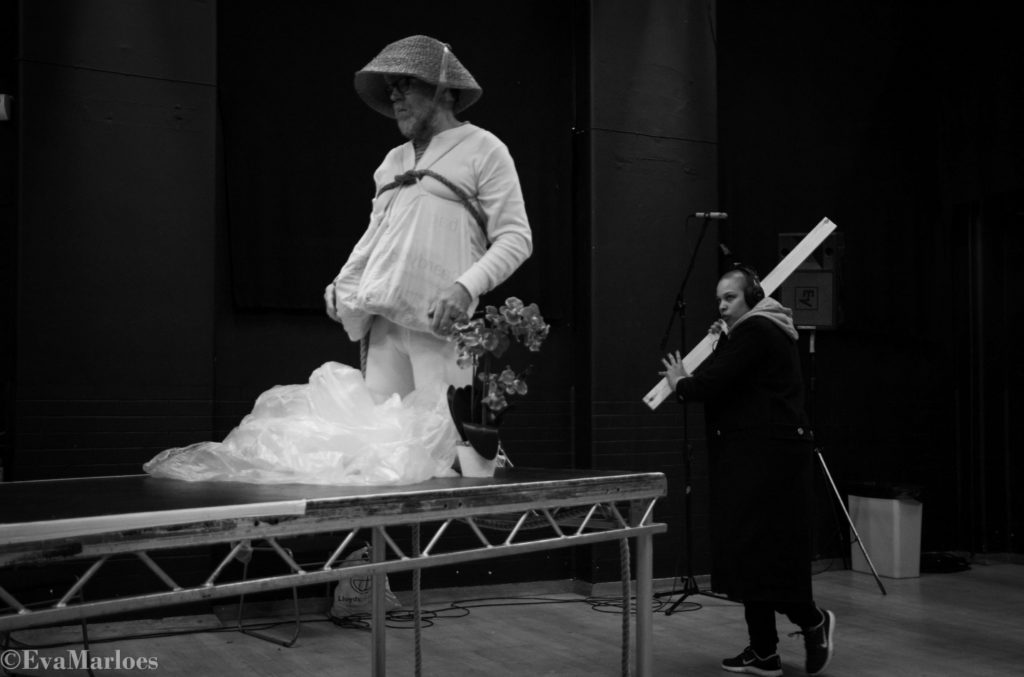
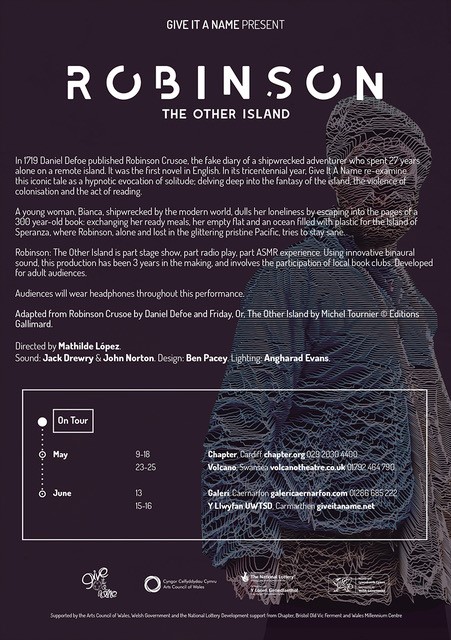
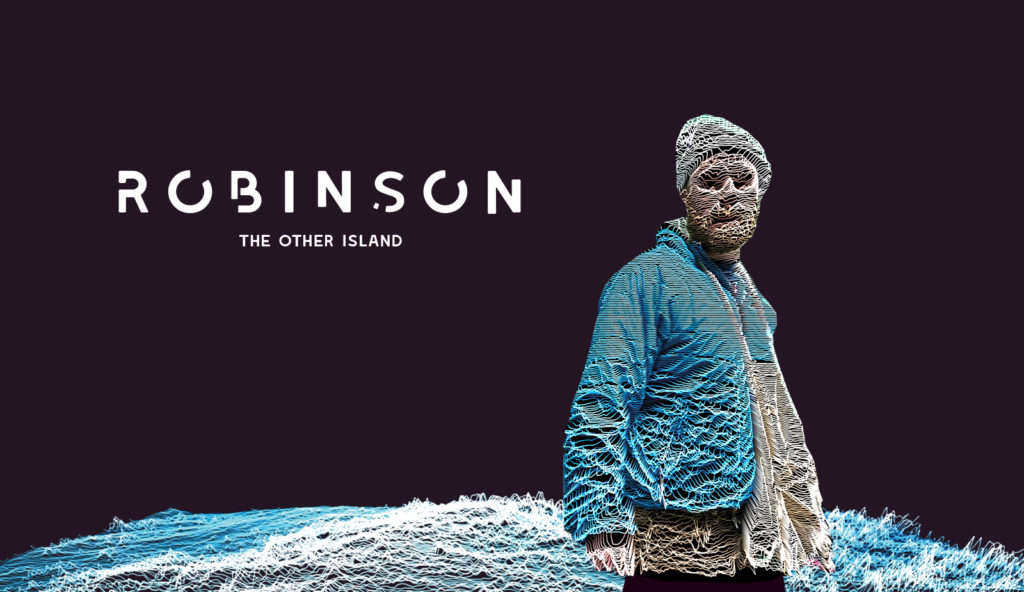
 (4 / 5)
(4 / 5)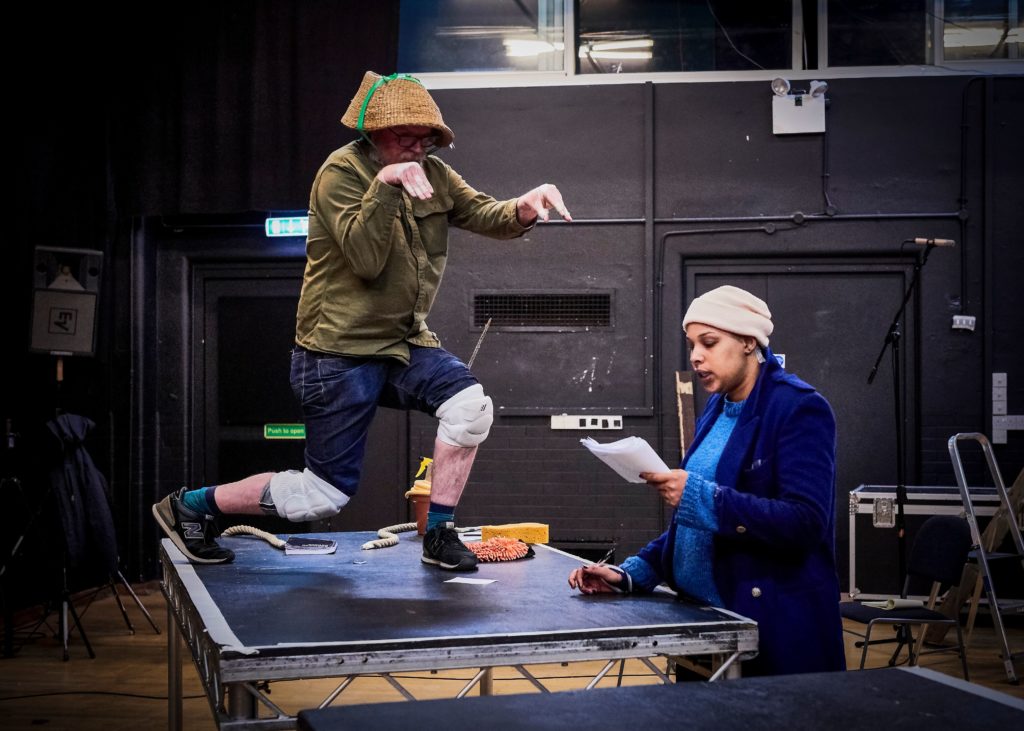
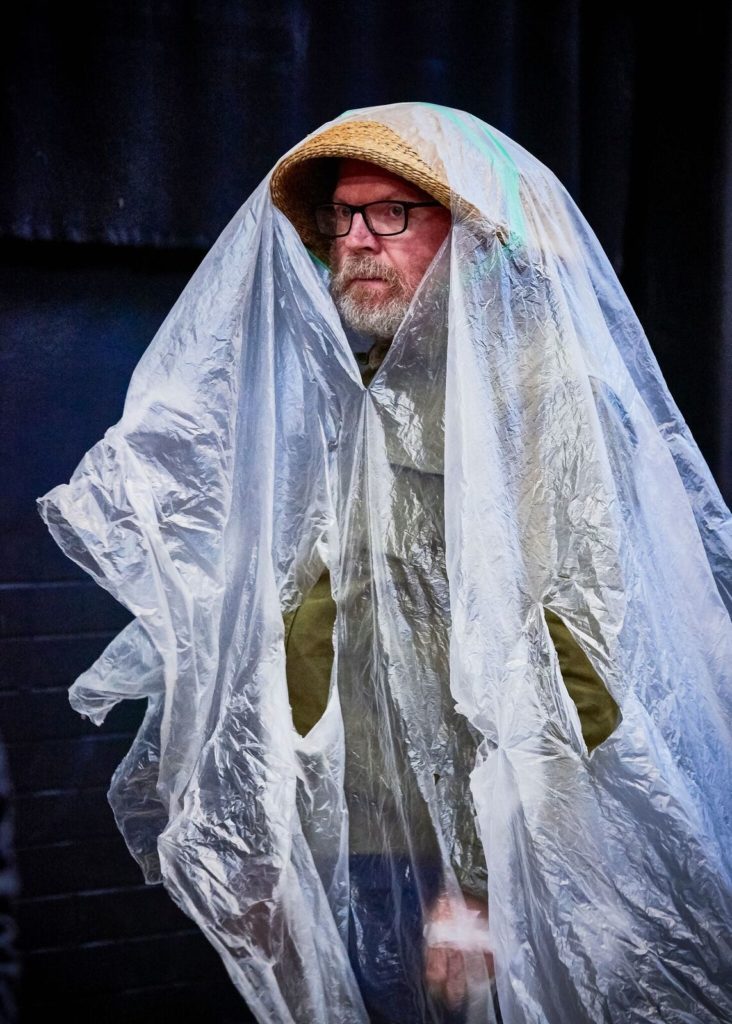
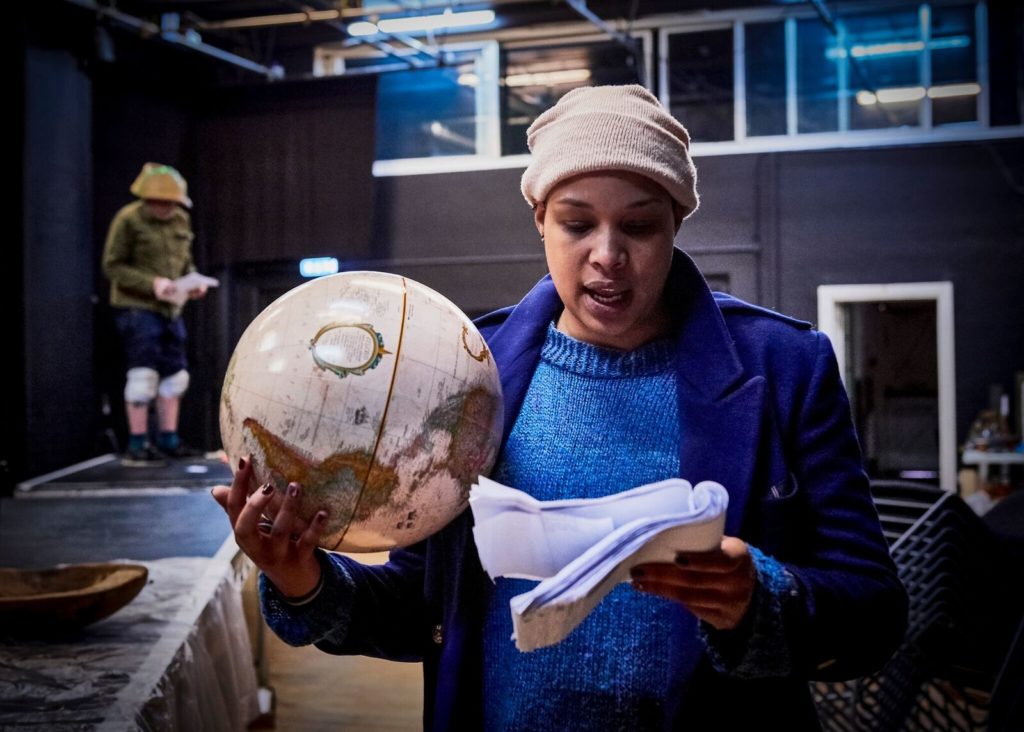
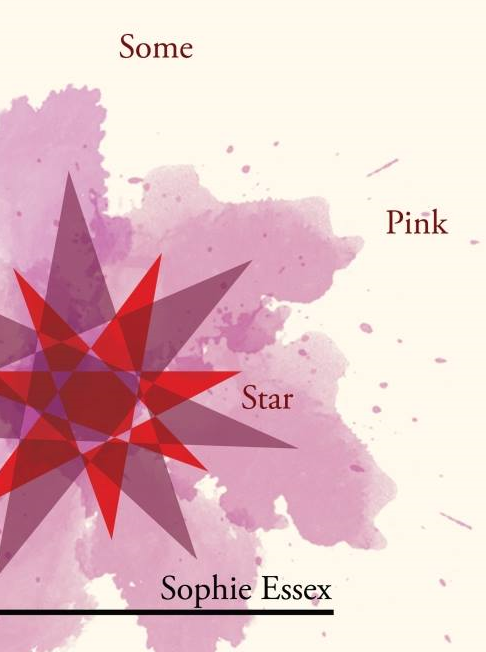

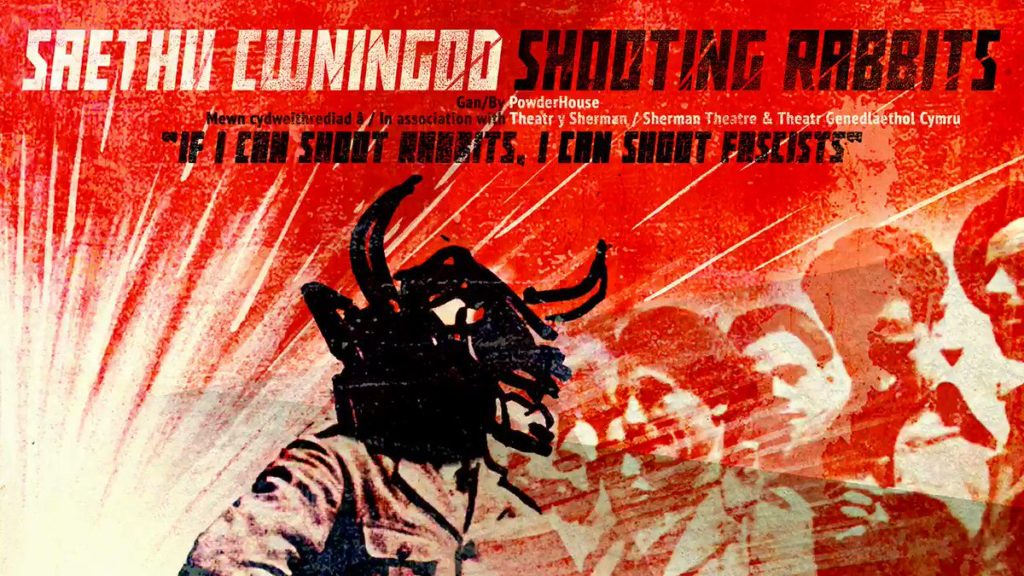
 (2.5 / 5)
(2.5 / 5)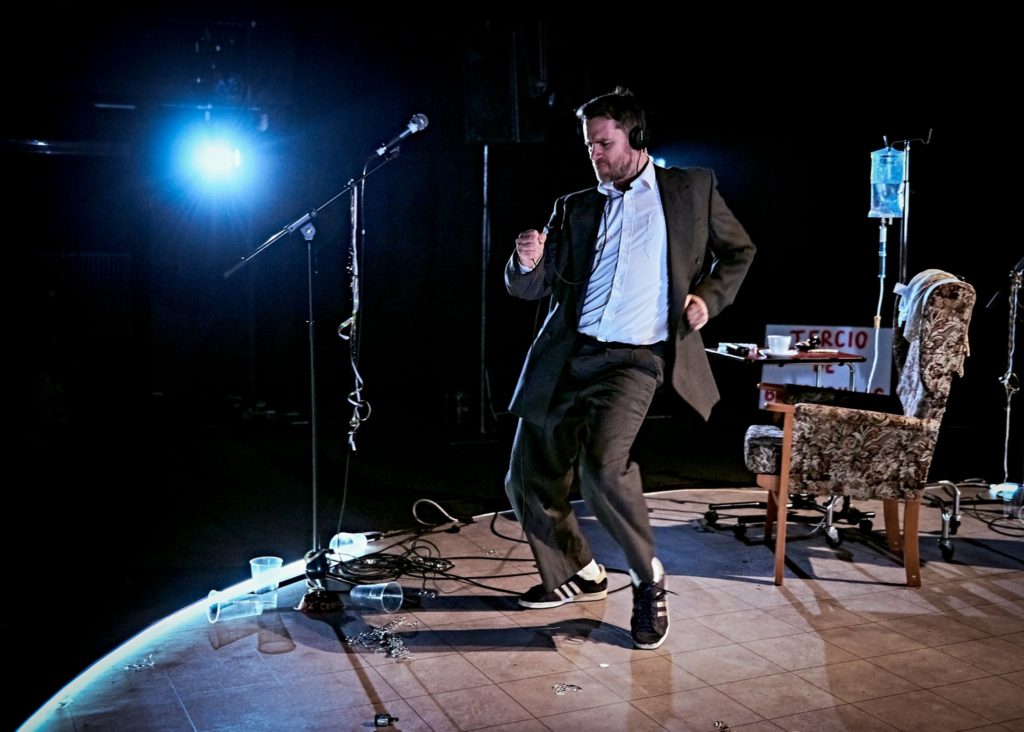
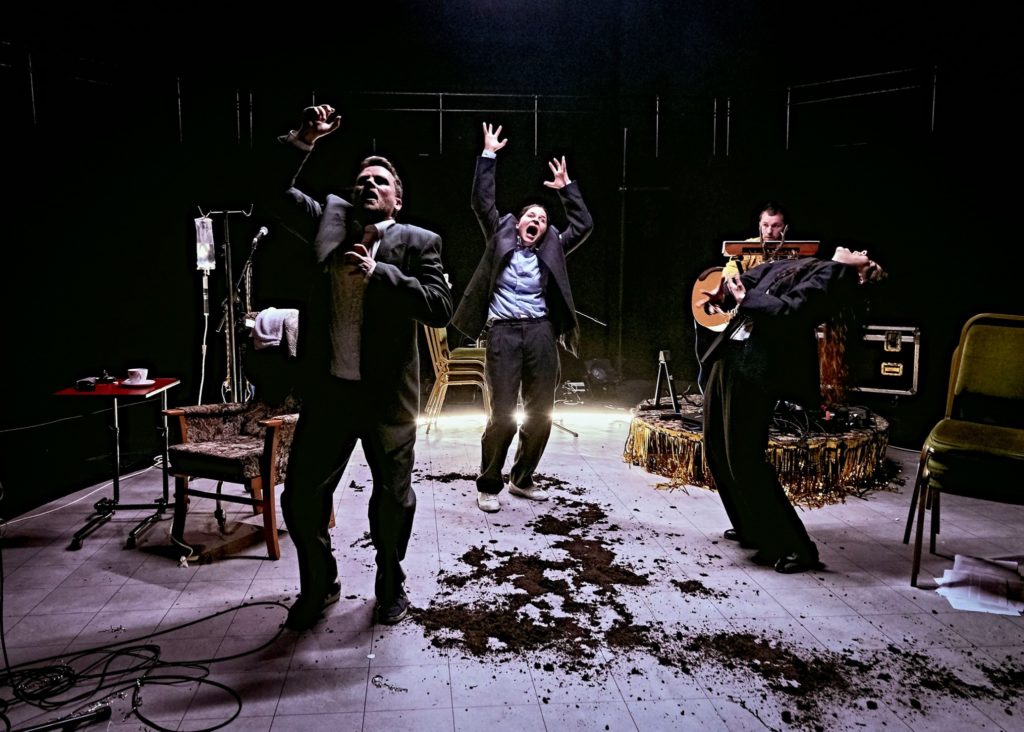
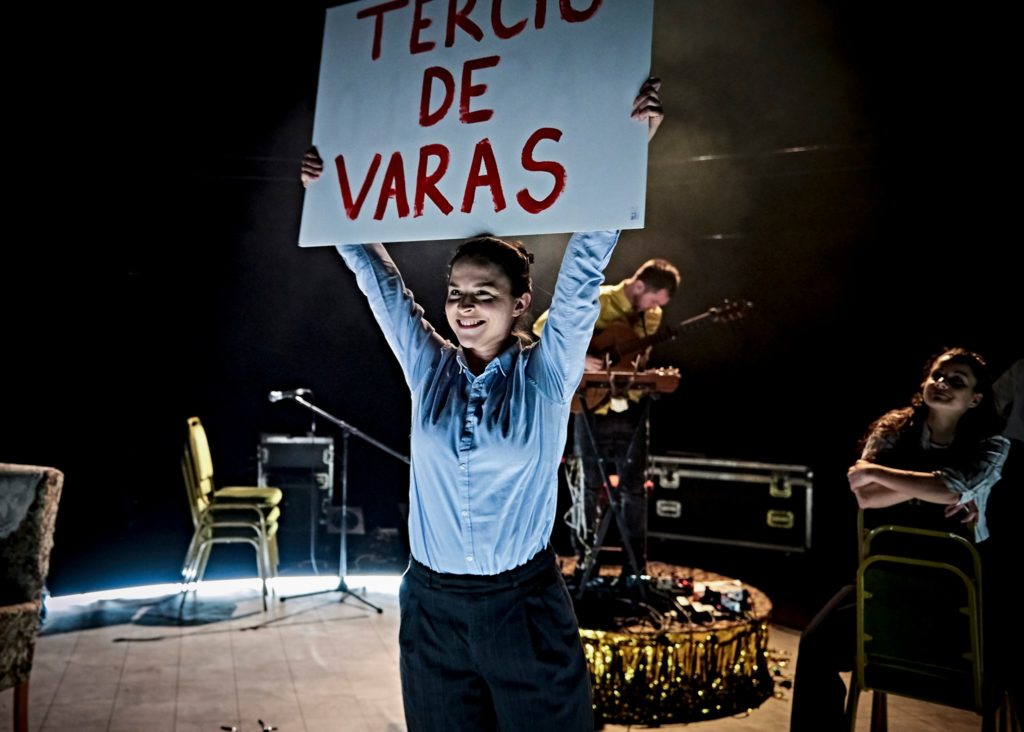
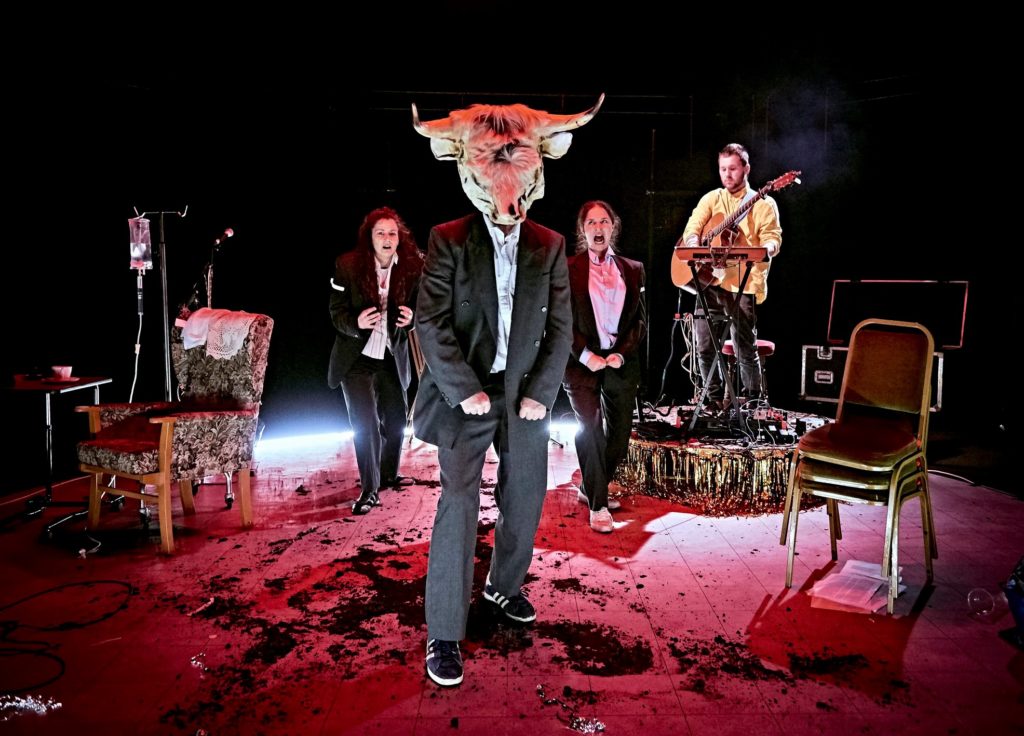


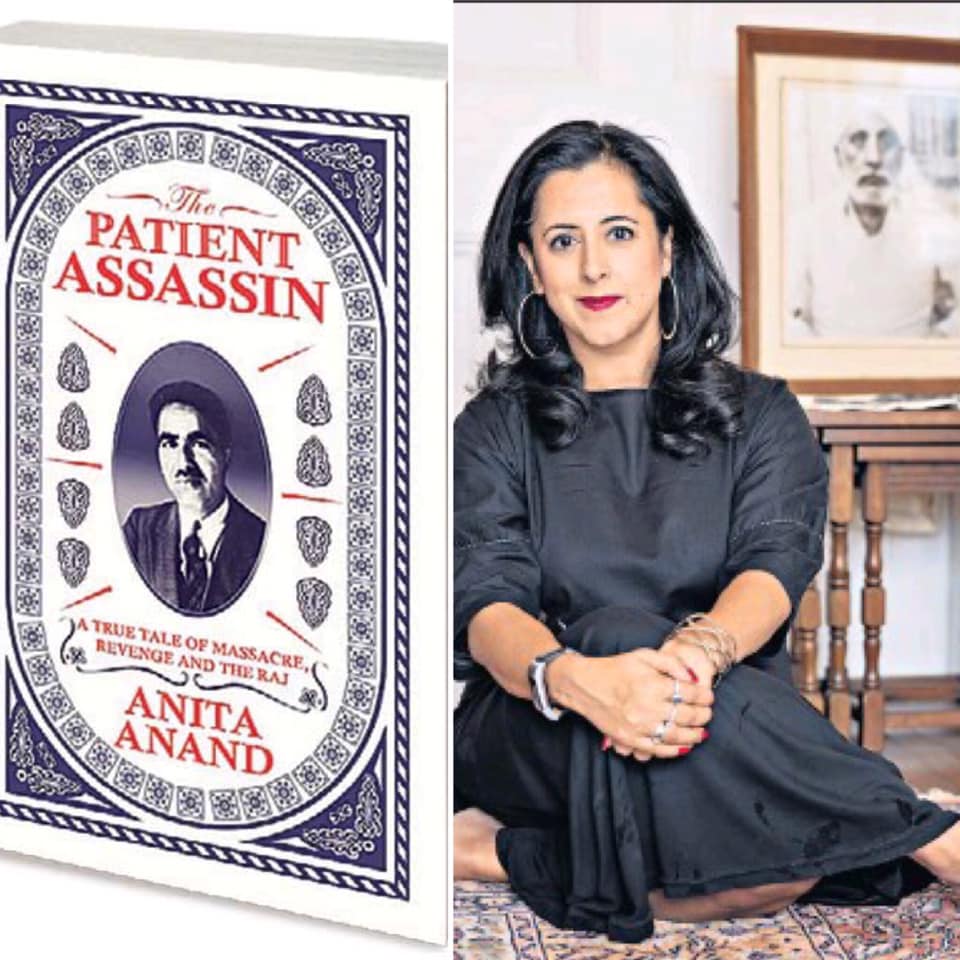

 (2 / 5)
(2 / 5)